Rev. William Henry Havergal (1793-1870) was the foremost church musician and composer of sacred music in England in his generation, as Lowell Mason and other contemporaries would have confirmed; a leading reformer of church music, W.H.H. did much to raise the level of singing in worship services. A very gifted pianist and organist, he published over 50 compositions, for example The Grand Chant in Forty Different Forms, Opus 52, in 1867. His priority was to be a pastor, truly a heart work, and he sooner wanted to prepare sermons than to compose music; his music was a benefit to his ministry, a benefit to his congregation, and a relaxation and enjoyment to him. He concentrated on music-with rare, fine ability-only when his health precluded his pastoral ministry. His daughter Jane Miriam Crane wrote this in her biography: "In November, 1847, my father published 'Old Church Psalmody, ' a collection of old English tunes and others of foreign origin which he esteemed a desideratum, as he believed there was no existing volume which contained only such tunes and such harmonies as strictly accord with the style of those times when psalmody was best understood, and of which the date of T. Ravenscroft's Psalter, 1621, he considered the zenith. No composition of a later date which did not accord with that style was admitted, nor any tune by a living author. " 'Old Church Psalmody' contained remarks on harmony, style, rhythmical form, the time and pitch in which the tunes were sung, followed by notes of information respecting many of them. "He received numberless testimonies from America and Scotland, as well as England, of the high estimation in which this now standard work was held. It passed through five editions, and has since been incorporated with the next mentioned volumes. He published, in 1859, 'A Hundred Psalm and Hymn Tunes, ' Op. 48. These tunes were selected from very many of his own composition, and are all constructed on the principles set forth in his 'Old Church Psalmody.' . . . . The preface to the 'Hundred Psalm and Hymn Tunes' contains remarks on the secularities too prevalent in psalmody, etc., insisting that in music, as in architecture, the church should have a style of her own. In January, 1870, he published 'A Century of Chants, ' with a preface, and a 'Supplemental Note' on the career of Dr. Crotch." "In 1871, the year following his death, the above works were incorporated in one volume, entitled "Havergal's Psalmody," and published by his widow; but it was entirely prepared and arranged by his daughter Frances R. Havergal, with the addition of many of his other tunes, some kyries, and glorias, and also some of her own tunes, to which she afterwards added an appendix. Finally the Rev. C. B. Snepp published in 1875, by permission, another edition as a musical companion to his 'Songs of Grace and Glory.' This also my sister Frances arranged, adding new tunes by herself and other composers." (Jane Miriam Crane, in Chapter IX of her sterling biography, Records of the Life of the Rev. William Henry Havergal, M.A., published by Home Words Publishing Office, London, 18
Bitte wählen Sie Ihr Anliegen aus.
Rechnungen
Retourenschein anfordern
Bestellstatus
Storno

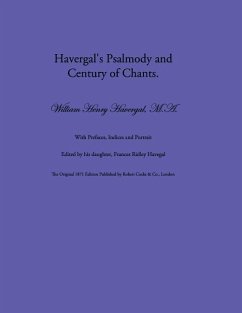
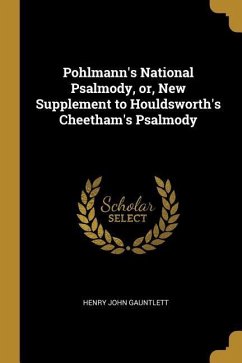
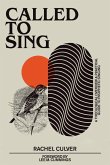
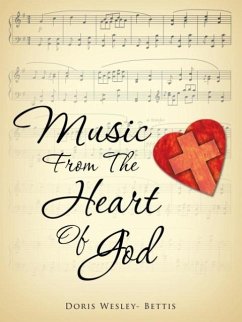

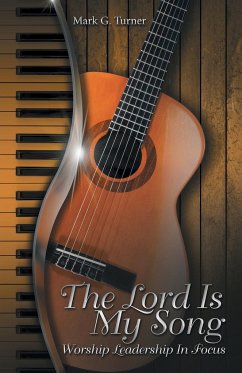
![Reinventing Worship: Prayers, Readings, Special Services, and More [With CDROM] Reinventing Worship: Prayers, Readings, Special Services, and More [With CDROM]](https://bilder.buecher.de/produkte/59/59810/59810655m.jpg)